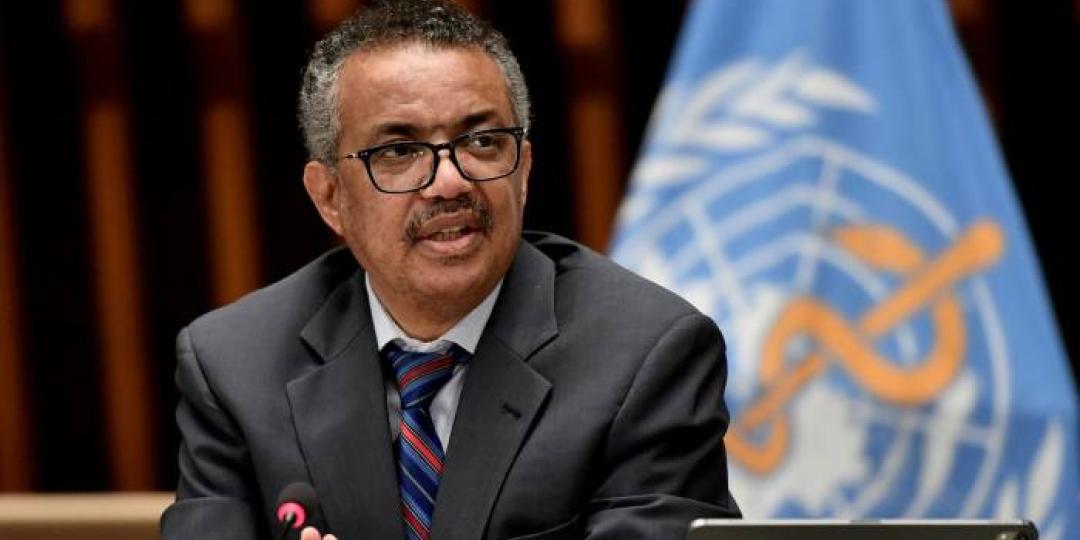The World Health Organization (WHO) has recommended that nations lift or ease their existing COVID-19-related travel restrictions, noting that they could exacerbate economic and social stress related to the pandemic.
This recommendation was made at the global organisation’s tenth meeting of the Emergency Committee convened by the WHO Director-General, Tedros Adhanom Ghebreyesus, last week.
The Committee praised South Africa for its rapid identification, and transparent and rapid sharing of information on the Omicron Variant of Concern and reiterated its concerns about countries implementing blanket travel bans, which are not effective in suppressing international spread (as clearly demonstrated by the Omicron experience), and may discourage transparent and rapid reporting of emerging VOC.
“The failure of travel restrictions introduced after the detection and reporting of Omicron variant to limit international spread of Omicron demonstrates the ineffectiveness of such measures over time,” said the Committee in a statement following the meeting.
The Committee, pointing to its advice for international travel following the identification of the Omicron variant, highlighted that travel measures (e.g. masking, testing, isolation/quarantine and vaccination) should be based on risk assessments and avoid placing the financial burden on international travellers.
Proof of vaccination also a barrier
The WHO Committee further highlighted that countries should not require proof of vaccination against COVID-19 for international travel as the only pathway or condition permitting international travel, given limited global access and inequitable distribution of COVID-19 vaccines.
“State parties should consider a risk-based approach to the facilitation of international travel by lifting or modifying measures, such as testing and/or quarantine requirements, when appropriate, in accordance with the WHO guidance,” the Committee said.























